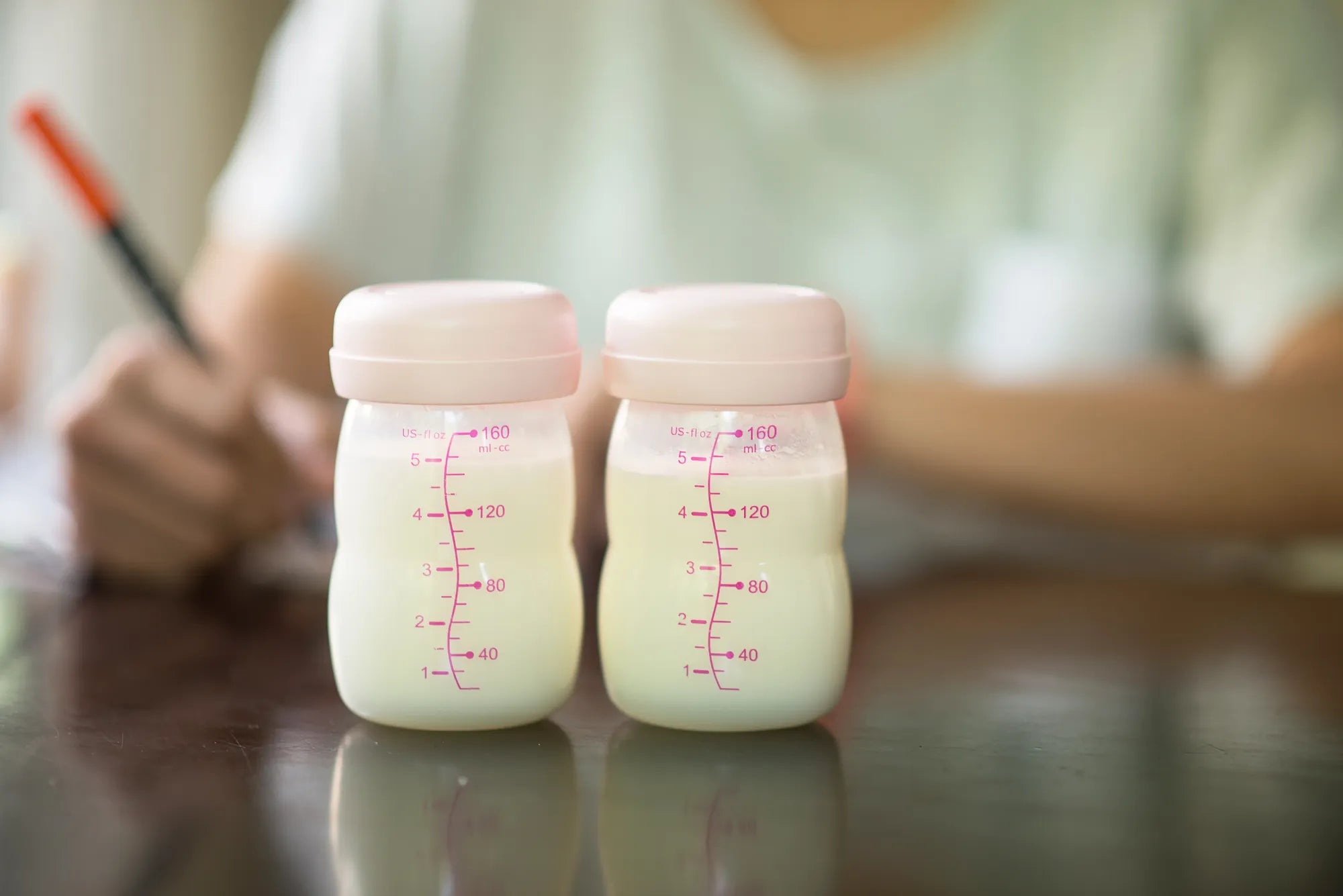Home
Pregnancy, Breastfeeding, and Pumping: The Ultimate Guide for Moms
Can You Pump Breast Milk After Drinking? What You Need to Know

Can You Pump Breast Milk After Drinking? What You Need to Know
As a nursing mother, you may often find yourself wondering about the dos and don'ts of breastfeeding, especially when it comes to alcohol consumption. One of the most common questions that arise is, 'Can you pump breast milk after drinking?' The answer isn't as straightforward as you might think, and it's essential to understand the nuances to make informed decisions for both your health and your baby's well-being.
The Science Behind Alcohol and Breast Milk
When you consume alcohol, it enters your bloodstream and, consequently, your breast milk. The concentration of alcohol in breast milk is similar to that in your blood. This means that if your blood alcohol content (BAC) is 0.08%, your breast milk will also contain 0.08% alcohol. The body metabolizes alcohol at a rate of about 0.015% per hour, so it takes time for the alcohol to leave your system completely.
Guidelines for Pumping After Drinking
Health organizations generally advise that nursing mothers wait at least 2 hours after consuming a single alcoholic beverage before breastfeeding or pumping. This waiting period allows your body to metabolize the alcohol, reducing its concentration in your breast milk. However, if you've consumed more than one drink, you may need to wait longer. The general rule of thumb is to wait 2 hours per drink consumed.
Practical Tips for Nursing Mothers
If you plan to drink, consider pumping and storing breast milk beforehand. This ensures that you have a supply of alcohol-free milk for your baby. Additionally, you can use a breast pump to express milk after drinking, but be sure to discard this milk if it contains alcohol. Labeling and dating your pumped milk can help you keep track of which batches are safe for your baby.
Myths and Misconceptions
There are several myths surrounding alcohol and breastfeeding. One common misconception is that pumping and dumping will speed up the elimination of alcohol from your breast milk. In reality, pumping and dumping does not affect the rate at which alcohol leaves your system. Only time can reduce the alcohol content in your breast milk. Another myth is that certain foods or drinks can neutralize the effects of alcohol, but there is no scientific evidence to support this claim.
Health Implications for Mother and Baby
Excessive alcohol consumption can have serious health implications for both mother and baby. For the mother, it can lead to dehydration, impaired judgment, and an increased risk of postpartum depression. For the baby, exposure to alcohol through breast milk can affect sleep patterns, motor development, and overall growth. It's crucial to balance social activities with the responsibility of breastfeeding to ensure the health and safety of your child.
Consulting Healthcare Professionals
If you have any concerns or questions about alcohol consumption and breastfeeding, it's always best to consult with a healthcare professional. They can provide personalized advice based on your specific circumstances and help you make informed decisions. Remember, every mother and baby is different, and what works for one may not work for another.
Understanding the relationship between alcohol and breast milk is vital for nursing mothers. By following guidelines, dispelling myths, and consulting healthcare professionals, you can ensure the safety and well-being of both yourself and your baby. So, the next time you ask, 'Can you pump breast milk after drinking?' you'll be equipped with the knowledge to make the best decision for your family.
Share


